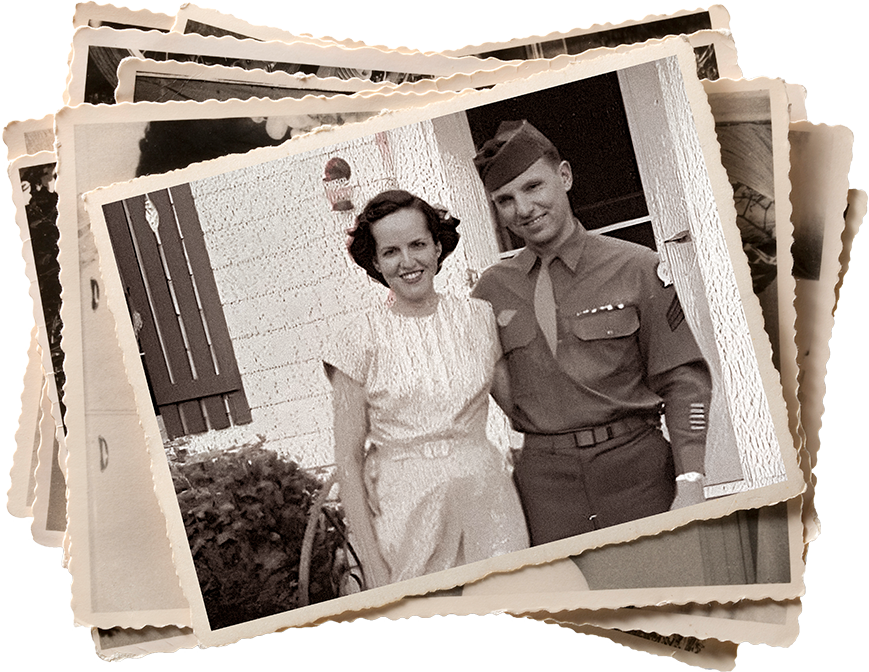PART I
1. As Dysten’s troubles unravel, Mary Lou finds herself caught between moral challenges—lying to help her friend in need or being honest with her parents. Some would say this was a false choice. What do you think?
2. When Dale finishes his intervention with Mary Lou in heaven, he informs her that, Grandmother Fanny knows more than you think. What was he revealing or what was Mary Lou telling herself as she dreams?
3. What is Mary Lou trying to resolve as she travels on her dream journey with Drysten’s father?
4. In several situations we see Mennonite men presenting themselves as calm and serious. Is this behavior grounded in cultural expectations or religious beliefs and how is it received by the other characters in the novel?
5. What is the magnetism that causes Bill and Mary Lou to succeed in their relationship?
PART II
6. Life on South Summit presents a feeling of belonging that parents want for their children. What are the elements of Bill’s youth, both large and small that are missing in the lives of today’s children?
7. Bill notices occasional tears in his mother’s eyes during church at St. Paul’s. What are the possible sources of her sadness? What has changed from those times when parents did not bring up unpleasant family issues of the past?
8. Social media plays a large factor in today’s world of relationships. Thinking back on Bill’s and Mary Louise’s lives and interactions, would they have been able to successfully navigate as a couple in a Facebook culture?
9. In chapter 12, we learn of Butch’s fate, a price of war. We are still learning a lot about post-traumatic stress among those who served in combat, and suicides continue to be a tragic ending. Why do you think there were so many men and women that came home form WWII and put all of the horror of war behind them unlike Butch?
PART III
10. The green harmonica (harp) travels through the hands of an elderly music teacher, an Irish immigrant boy, a Mennonite girl, a circus worker and eventually to a granddaughter who is told that when she plays it, she will remember. What is the significance of the green harp throughout the novel?
11. Niamh and Drysten were immediately attracted to each other, yet an unlikely pair much like we see in other unpredicted relationships. What was the force that so quickly drew them together and carried through to the end of their lives?
12. Trysten releases his anger in the boxing ring and the battlefield to the extent that he commits war crimes, refusing to let the enemy surrender. Yet upon capturing Frederick, he decides to allow him to go free. Why?
13. The novel ends with Tim disclosing his desire to return home an live on the Summit. Many of us seek other paths, never to return. What does the Summit offer that pulls and tugs at us?





